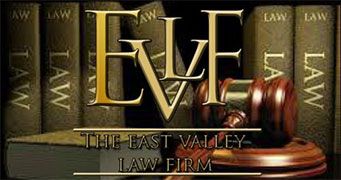Form contracts are available on the internet through websites such as Legal Zoom and through local office supply stores; but is it a good idea to use a form contract? The trouble with a form contract is that it requires that the parties “fill in the blanks” with key terms of the agreement. Having litigated several contract disputes involving contracts drafted by the parties, I have observed the difficulties parties face when drafting proper contract language. Terms often have legal meaning that differ from how the word is used in common discussion. Also, party drafted contracts frequently lack specificity which leads to differing interpretations of the actual agreement.
A good contract avoids ambiguous and conflicting terms and clearly states the parties’ obligations and remedies in the event of a breach. I often find that clients do not fully understand the contractual options that are available and can be written into the contract. Past clients were surprised to find out a form contract limited their damages under the contract, waived a jury trial, agreed to arbitration or waived their right to recover attorneys’ fees in the event of a dispute.
While form contracts can save some money upfront, they can cost you dearly in the end.
A good contract avoids ambiguous and conflicting terms and clearly states the parties’ obligations and remedies in the event of a breach. I often find that clients do not fully understand the contractual options that are available and can be written into the contract. Past clients were surprised to find out a form contract limited their damages under the contract, waived a jury trial, agreed to arbitration or waived their right to recover attorneys’ fees in the event of a dispute.
While form contracts can save some money upfront, they can cost you dearly in the end.
